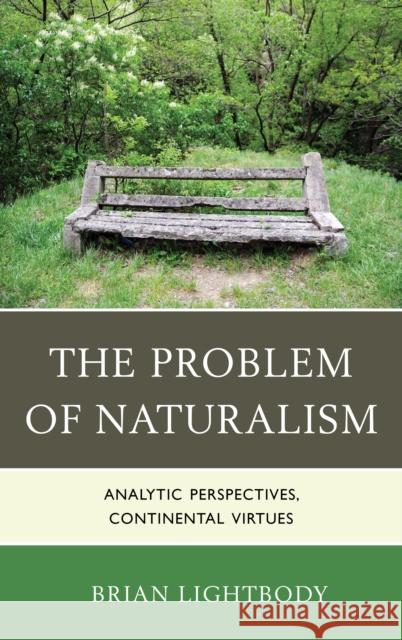The Problem of Naturalism: Analytic Perspectives, Continental Virtues » książka
The Problem of Naturalism: Analytic Perspectives, Continental Virtues
ISBN-13: 9780739164839 / Angielski / Twarda / 2013 / 146 str.
Philosophers often use the term "naturalism' in order to describe their work. It is commonplace to see a metaphysical, epistemological and/or ethical position self-described and described by others as one that is "naturalized." But what, if anything, does the term naturalized add--or subtract---to the position being articulated? I demonstrate in The Problem of Naturalism: Analytic and Continental Perspectives, that the term naturalism connotes such a broad meaning that it is difficult to demarcate naturalism from philosophy itself. Still, many philosophers have tried to provide non-trivial and non-vacuous definitions of the term. My book, by and large, argues that such attempts are unsuccessful. Instead, I argue that naturalism is an attitude and neither a methodology nor a substantive position. I then articulate the guidelines the naturalist needs to follow, as well as the virtues he or she needs to practice, in order for the term naturalism to do any meaningful work. Much of the book explains and then critiques the various attempts to define naturalism in the Anglo-American secondary literature. Some of the criticisms I raise seem to emanate from the internal logic of the naturalistic position being expressed. However, others have emerged from gleaning the work of such Continental thinkers as: Nietzsche, Husserl, Heidegger and Foucault. I use these thinkers in order to expose the unjustified implicit and sometimes explicit assumptions that many naturalistic philosophers presume to hold when they attempt to render a clear, distinct and robust naturalist position.











